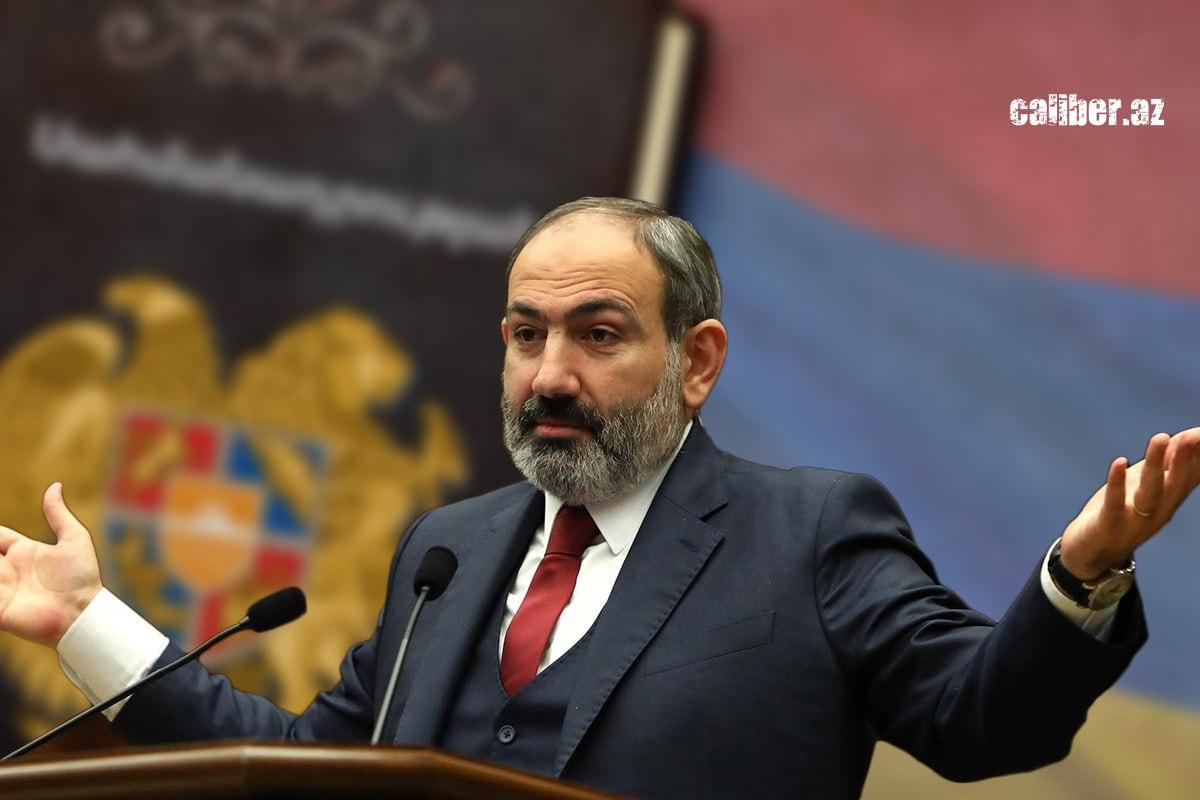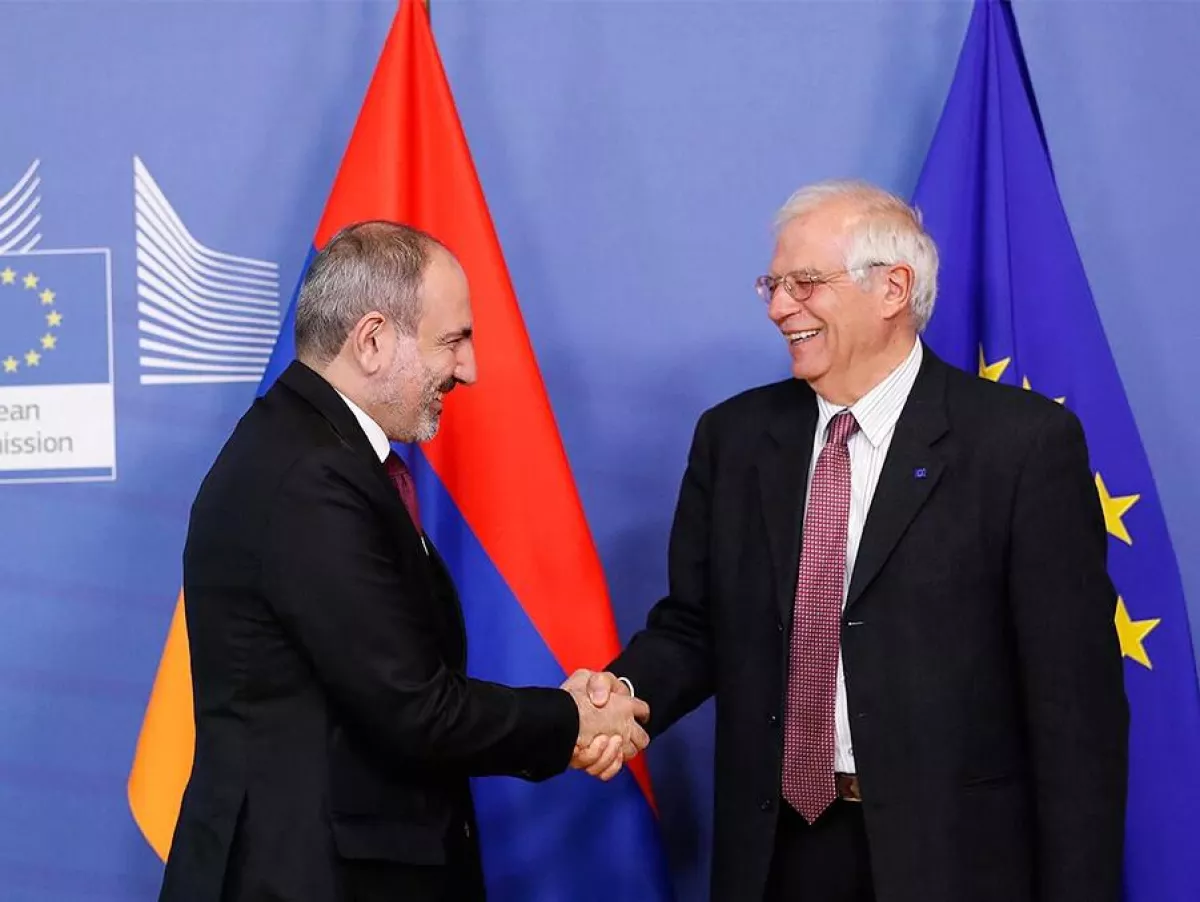Armenia’s EU quest: Will Pashinyan’s efforts to play both sides lead to membership miracle? Balancing between Russia and West
An interesting development has emerged in Armenia's European aspirations. A proposal to form an initiative group for introducing a draft law on Armenia's accession to the European Union has been submitted to the Central Election Commission (CEC) of Armenia. The proposal, put forward by a group of 51 citizens, designates Artak Zeynalyan, deputy chairman of the "Republic" party, as their authorized representative. The CEC has 10 days to either register or reject the initiative.
Recent developments in Armenia’s EU relations include the European Parliament's resolution in March supporting Armenia’s potential EU membership application. On June 21, the Armenian Parliament conducted hearings on the possibility of holding a referendum on the issue, following an initiative by four pro-Western political parties, including the ruling party's ally, Hanrapetutyun. Shortly thereafter, Parliament Speaker Alen Simonyan indicated during a visit to Latvia that a referendum on EU membership could be forthcoming. Additionally, in late July, the EU approved the start of negotiations with Armenia regarding visa liberalization.
However, Prime Minister Nikol Pashinyan has expressed a cautious, if not skeptical, stance on EU accession. Reflecting on the potential referendum, Pashinyan remarked two months ago, “If we hold a referendum now, we will need to launch an extensive campaign. People will have questions about the timing, terms, and steps involved. The key question remains whether the EU desires our membership and if it is prepared for it. At this moment, I cannot provide answers to these questions.”

It is unlikely that Speaker Alen Simonyan, a close ally of Prime Minister Nikol Pashinyan, is opposing the current administration. Instead, the ruling party may be using Simonyan’s statements to boost its standing with the pro-Western electorate while simultaneously undermining opposition parties that criticize the government’s perceived inaction on European integration. This strategy could help the ruling party enhance its popularity and diminish the opposition’s criticism.
The Central Election Commission (CEC) might approve the application to avoid provoking public dissatisfaction. Conversely, rejecting the application could provide Pashinyan with insight into public sentiment and gauge how Armenian society might react to a situation similar to Georgia’s.
However, it is important to note that a referendum does not automatically lead to an EU membership application, and an application does not guarantee a positive response from the EU. As a result, this process could be prolonged indefinitely, and the referendum itself may not necessarily harm the ruling party.

In this context, an intriguing question arises: If European officials fully support Armenia's EU membership bid, could this lead to constitutional reforms within Armenia? Specifically, might there be pressure from the EU to exclude references to Armenia's Declaration of Independence in the new constitution? The EU might prefer not to admit a country with ongoing territorial disputes with its neighbors. Additionally, the presence of a military treaty with Russia and the proximity of Russian fighter jets to the Armenian capital complicate the situation.
However, geopolitical dynamics are ever-changing. What seems permanent today can shift rapidly. Prime Minister Nikol Pashinyan is likely to pursue closer ties with the EU to the extent possible, balancing the benefits from both Europe and Russia, as he has previously indicated.
Simultaneously, Pashinyan's government is assessing the EU's commitment. It seeks concrete assurances that Europe is genuinely prepared to welcome Armenia, rather than merely using it strategically by supplying arms and fostering conflicts with its neighbors.
Given this situation, a referendum on EU membership seems probable. The key now is to observe how the European Union will respond to Armenia’s bid.








